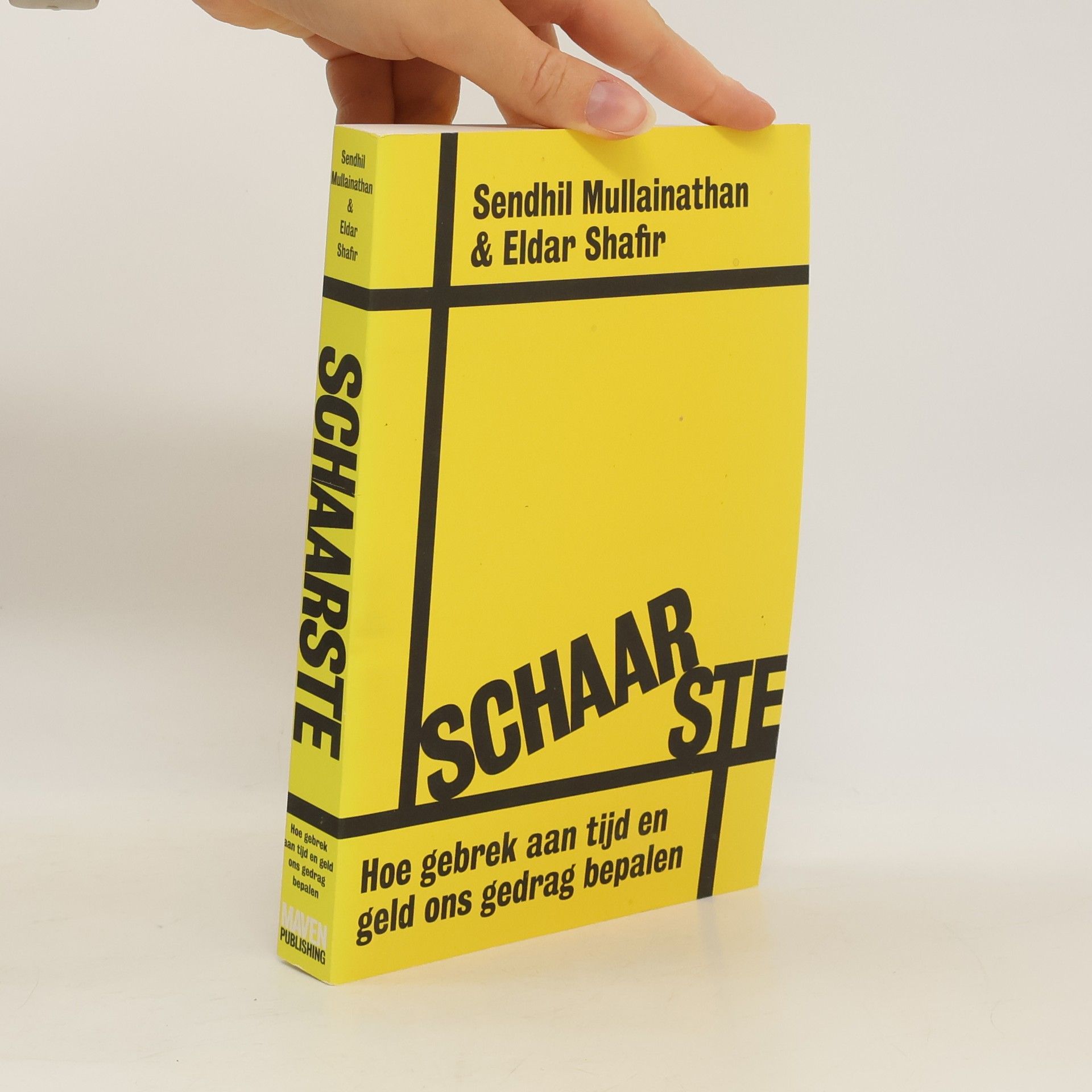Audiobook: 8 hrs and 47 mins. This examination delves into how scarcity—and our flawed responses to it—shapes our lives and society. It explores questions like why successful people often procrastinate, why poverty endures, and why lonely individuals struggle to connect. These seemingly unrelated issues are linked by a mindset shaped by scarcity. Drawing on behavioral science and economics, the authors illustrate that scarcity creates a shared psychology among those managing with less. For instance, busy individuals mismanage their time similarly to how the financially strained handle their money. This scarcity dynamic explains why dieters struggle with temptation, why students and busy professionals face time management challenges, and why sugarcane farmers exhibit improved decision-making post-harvest. By framing problems through the lens of scarcity, the authors clarify the complexities of modern life. They share personal anecdotes and draw unexpected connections that bring their research to life. The insights provided offer a fresh perspective on why the poor remain impoverished and the busy remain overwhelmed, while also suggesting strategies for individuals and organizations to better navigate scarcity for improved satisfaction and success.
Sendhil Mullainathan Libri




The Rogue Insurrection
- 300pagine
- 11 ore di lettura
Three years ago, Mike McClintock retired from his job in the FBI in Chicago as a special agent. He purchased a vineyard in the Santa Ynez Valley, believing he was leaving a high stressed position for a slower paced lifestyle. Mike and his family join his brother Jason and his partner, Brenda for a seven day cruise. While at sea, Mike and Jason's old friend and ex-KGB agent, Vladimir Petronovich travels to his hometown in Kazakhstan where he is kidnapped and imprisoned by Sergey Naryshkin, a rogue Russian agent that has sworn revenge on any Russian agents that defected to America during the cold war. Upon hearing the news, Mike and Jason cut their cruise short and head to Kazakhstan to save their friend. Twists, turns and danger seem to follow the McClintocks and Petronovich. Naryshkin will stop at nothing to hunt them down and reap his revenge. Have the McClintock brothers and Petronovich finally met their match?
Flight to Armageddon
- 284pagine
- 10 ore di lettura
"The tank mounted on the converted DC-10 holds 12,000 gallons. The mixture is one part crystal to nine parts water. The crystals are placed in the tank first, then the water is added. At that point, the sarin crystals dissolve into a solution. That's the lethal combination. Picture a DC-10 air tanker over a wildfire. When the plane is over the target, the pilot releases the fire retardant. The drop itself takes eight seconds and covers a path 300 feet wide by one mile in length. But we're not dropping a fire retardant. When our mixture is released, the water evaporates in the atmosphere, leaving sarin gas." Read this engaging tale of espionage that will set your heart racing. William Congdon's prose is immersive, sharp, and to-the-point. Violence, radicalism, class struggle, and self-annihilation are only a few of the themes that the novel explores in a crisp manner.
In dit boek bieden Harvard-econoom Sendhil Mullainathan en Princeton-psycholoog Eldar Shafir een baanbrekend nieuw perspectief op menselijk gedrag. Sleutelwoord: schaarste. Mentale scherpte is de gunstige bijwerking van schaarste; het leeuwendeel van het boek gaat echter over de destructieve gevolgen ervan. Aan de hand van eigen onderzoek en spraakmakende voorbeelden tonen de auteurs aan dat de gevolgen van schaarste veel verder gaan dan tot nu toe bekend. Ze presenteren uiteenlopende gedragsexperimenten die aantonen hoe schaarste het denkvermogen van mensen verlamt. Armoede zorgt er voor dat men moeilijk nieuwe vaardigheden aan kan leren en gebrek aan tijd leidt ertoe dat we steeds onverstandigere beslissingen nemen. Deze inzichten hebben verregaande gevolgen op vele terreinen (onder andere armoedebestrijding, scholing, obesitas, verkeersveiligheid en werkloosheid).